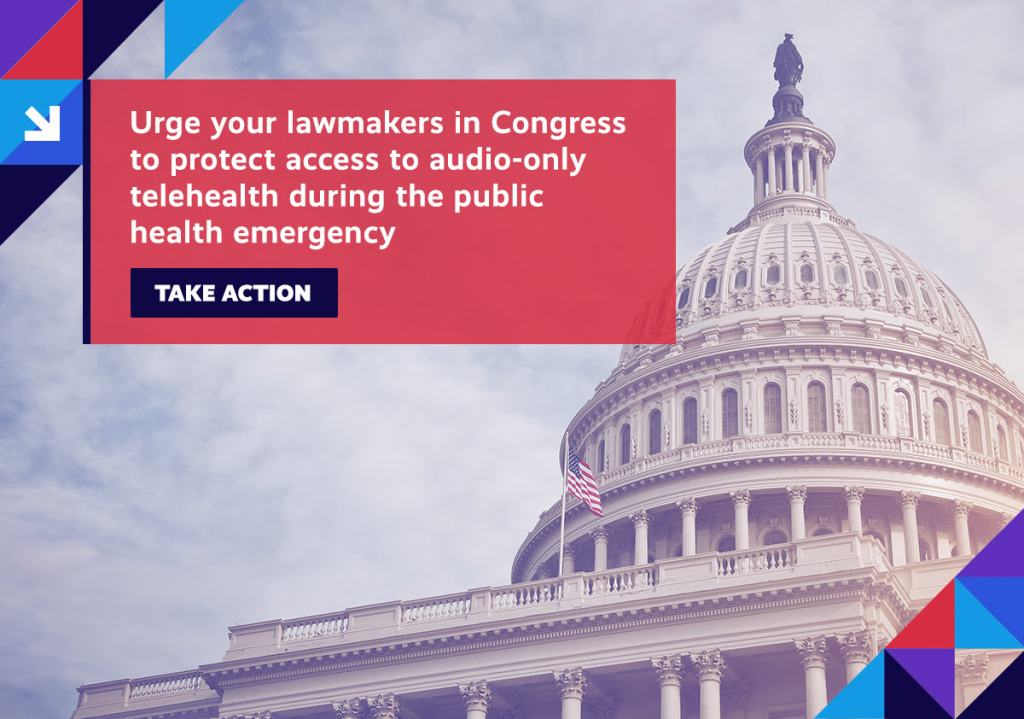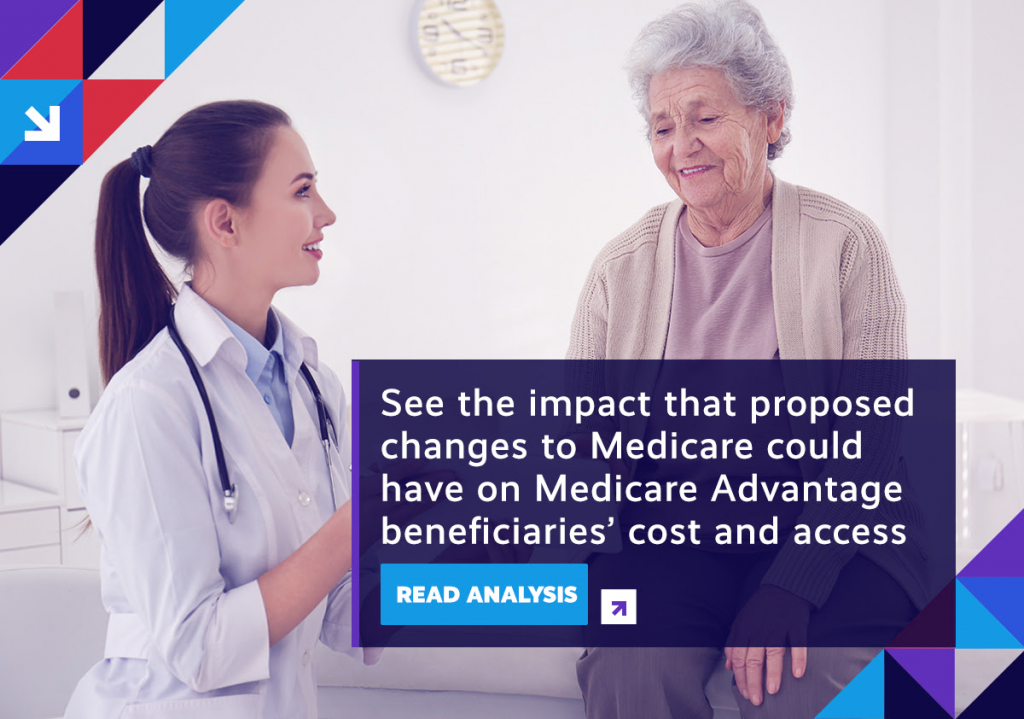Lawmakers continue negotiations on a comprehensive budget package; Medicare Advantage’s value proposition grows, even as the program comes under threat; drugmakers’ promotional spending to providers surges; and, Medicaid expansion cuts down on uninsured hospitalizations.
We encourage you to stay involved as implementation efforts surrounding healthcare reform progress. Visit the Health Action Network and be sure to let us know what’s on your mind.
Item of the Week

Week in Review
Budget Resolution: Last Tuesday, House Democrats came to an agreement on a budget resolution, teeing up a vote on a separate infrastructure bill that had been a sticking point in negotiations. The deal, brokered between Democratic leadership and a holdout group of House moderates, will now see the majority party use the budget reconciliation process to attempt to pass the sweeping $3.5 trillion economic package aimed at addressing a number of key priorities, including healthcare and climate change. In terms of next steps, as a part of that aforementioned deal, a vote on the separate, bipartisan $1 trillion infrastructure bill is slated to be held no later than 27 September.
MA Value: The Medicare Advantage (MA) program continues to assert its value proposition, connecting enrollees with a coordinated model of care that’s proven to lead to better health outcomes, while also lowering costs for beneficiaries. This holds true across the program, with data showing not just membership growth from minority and historically marginalized populations, but high levels of satisfaction among these groups, as well. In addition, a recent study found that dual eligibles (individuals enrolled in both MA plans and receiving coverage through Medicaid) reported better access to care and telehealth during the pandemic than beneficiaries enrolled in traditional fee-for-service Medicare. It’s this ability to deliver high quality, high value healthcare to individuals living in underserved communities that underscores the program’s important role in addressing issues of healthcare equity. However, as a part of lawmakers’ ongoing budget negotiations as noted above, there’s been talk of expanding traditional fee-for-service Medicare to now include dental, vision, and hearing – supplemental benefits that have long been a core component of MA’s value proposition. Unfortunately, as industry stakeholders warn, expanding Medicare in this manner without also making a corresponding adjustment to how MA plans are reimbursed for providing additional benefits, would create a disparity between the programs and ultimately raise costs or cut benefits for the 27 million Americans enrolled in MA.

Rx Promotions: Advertising from the pharmaceutical industry has looked a bit different during the pandemic, with drugmakers targeting consumers with messaging on vaccinations, access to medicines, and financial assistance. But, according to tracking data, behind-the-scenes spending – namely, advertising and promotions to physicians and hospitals – also skyrocketed. In fact, overall, through the first nine months of last year, despite the pandemic, that spending eclipsed year-over-year spending by more than 111 percent. Through the early part of 2020, the analysis showed that advertising to doctors had essentially come to a grinding halt. But, by May, spending had begun to grow, doubling by later in the year. While the increase in spending reflects the general shift away from print advertising to digital advertising, researchers were quick to point out that the severity of this kind of shift is rare – and, highly concentrated in the pharmaceutical industry.
Medicaid Expansion: A new study makes the connection between Medicaid expansion and a reduction in surgical hospitalizations among the uninsured. That analysis, published by Health Affairs, examined the rate at which patients were admitted for surgery after first presenting at emergency departments in states that expanded their Medicaid programs versus in non-expansion states. According to the data, in the expansion states, the uninsured were discharged for surgery at a lower rate. Further, Medicaid expansion was also linked to a reduction in the share of such hospitalizations. In reporting their findings, researchers made a point of highlighting the “catastrophic financial burden” that uninsured patients undergoing surgery find themselves at “extremely high risk” of incurring.
Spotlight

| With the Labor Day holiday next Monday, there won’t be a newsletter next week. But, look for us again in your inbox the following Monday. Until then, you can keep up with the latest by following the Health Action Network on Twitter and by liking us on Facebook. And, be sure to check us out on LinkedIn, too. As always, let us know if there’s something you’d like to see covered in a future newsletter. |
